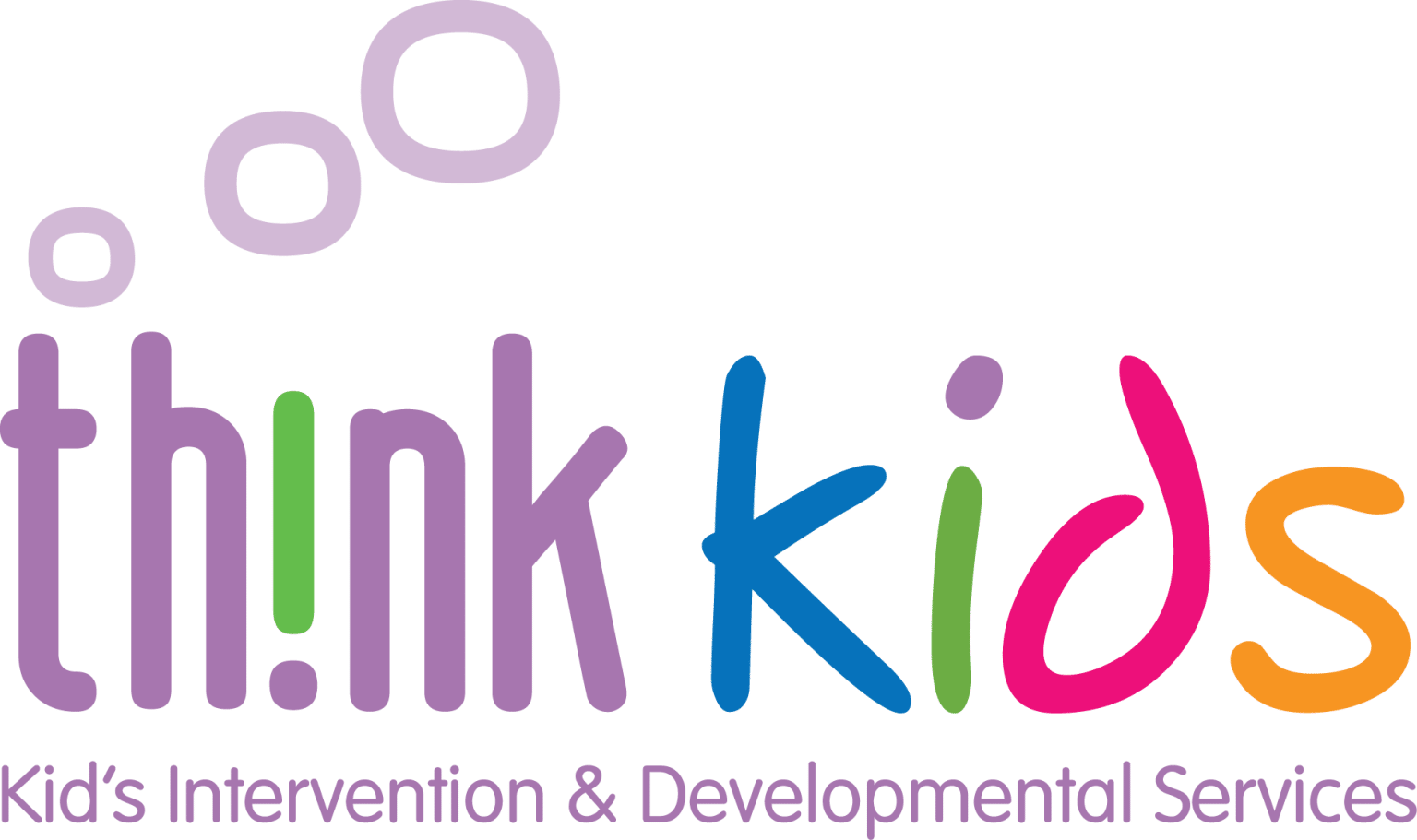In today’s fast-paced and complex world, the emotional well-being of children is of utmost importance. As parents, caregivers, and educators, we strive to provide the best support and guidance for our children, especially when they face challenges that may affect their mental health. Child psychotherapy offers a valuable avenue for understanding and addressing the psychological needs of children in Singapore. In this comprehensive article, we delve into the world of child psychotherapy, shedding light on its benefits, processes, and the professionals involved. Our aim is to equip you with the knowledge and insights necessary to make informed decisions when seeking assistance for your child’s emotional well-being.
Understanding Child Psychotherapy
Child psychotherapy, also known as child counseling or therapy, is a specialized field of mental health that focuses on providing therapeutic interventions tailored to children and adolescents. It aims to help children navigate through emotional, behavioral, and psychological challenges, ultimately promoting their overall well-being. Child psychotherapy utilizes various evidence-based techniques and approaches to address a wide range of concerns, such as anxiety, depression, trauma, grief, behavioral disorders, and social difficulties.
Benefits of Child Psychotherapy
Child psychotherapy offers numerous benefits for children facing emotional or behavioral difficulties. Through a collaborative therapeutic relationship with a trained professional, children can experience:
- Emotional Regulation: Psychotherapy equips children with effective strategies to manage and express their emotions in a healthy manner. By developing emotional regulation skills, children become better equipped to cope with challenges and maintain positive mental health.
- Enhanced Communication: Therapy provides a safe and supportive environment for children to express themselves freely. Therapists employ age-appropriate techniques to encourage open communication, helping children articulate their thoughts, feelings, and concerns.
- Improved Coping Mechanisms: Psychotherapy equips children with valuable coping mechanisms to navigate stress, adversity, and transitions. By learning healthy coping strategies, children develop resilience and adaptive responses to life’s challenges.
- Increased Self-esteem: Child psychotherapy helps children develop a positive self-image and enhance their self-esteem. Through validation, support, and empowerment, therapists foster a sense of self-worth, promoting confidence and a healthy self-concept.
The Child Psychotherapy Process
Child psychotherapy typically involves a collaborative and holistic approach, encompassing various stages to meet the unique needs of each child. The process generally includes the following steps:
- Initial Assessment: The initial assessment involves an in-depth evaluation of the child’s emotional well-being, history, and concerns. This step allows the therapist to gather relevant information and understand the child’s specific needs.
- Goal Setting: Collaboratively with the child and their parents or guardians, the therapist establishes specific goals for therapy. These goals serve as a roadmap for the therapeutic process, ensuring a focused and tailored approach.
- Therapeutic Interventions: Based on the child’s goals and needs, the therapist utilizes a range of evidence-based interventions. These may include play therapy, cognitive-behavioral therapy (CBT), art therapy, sand tray therapy, and narrative therapy, among others.
- Ongoing Support and Evaluation: Child psychotherapy is a dynamic process that requires continuous evaluation and adjustment. Therapists provide ongoing support, monitor progress, and adapt interventions to meet the child’s evolving needs.
Child Psychotherapy Professionals
Child psychotherapy in Singapore is conducted by trained mental health professionals who specialize in working with children and adolescents. These professionals may include:
- Child Psychologists: Licensed psychologists with expertise in child development, assessment, and evidence-based therapeutic interventions.
- Child Psychiatrists: Medical doctors who specialize in child and adolescent psychiatry, offering comprehensive evaluations and medication management when necessary.
- Play Therapists: Therapists trained in play therapy, which utilizes play as a means of communication and expression for children.
- School Counselors: Professionals based in educational settings who provide counseling and support services to students.

